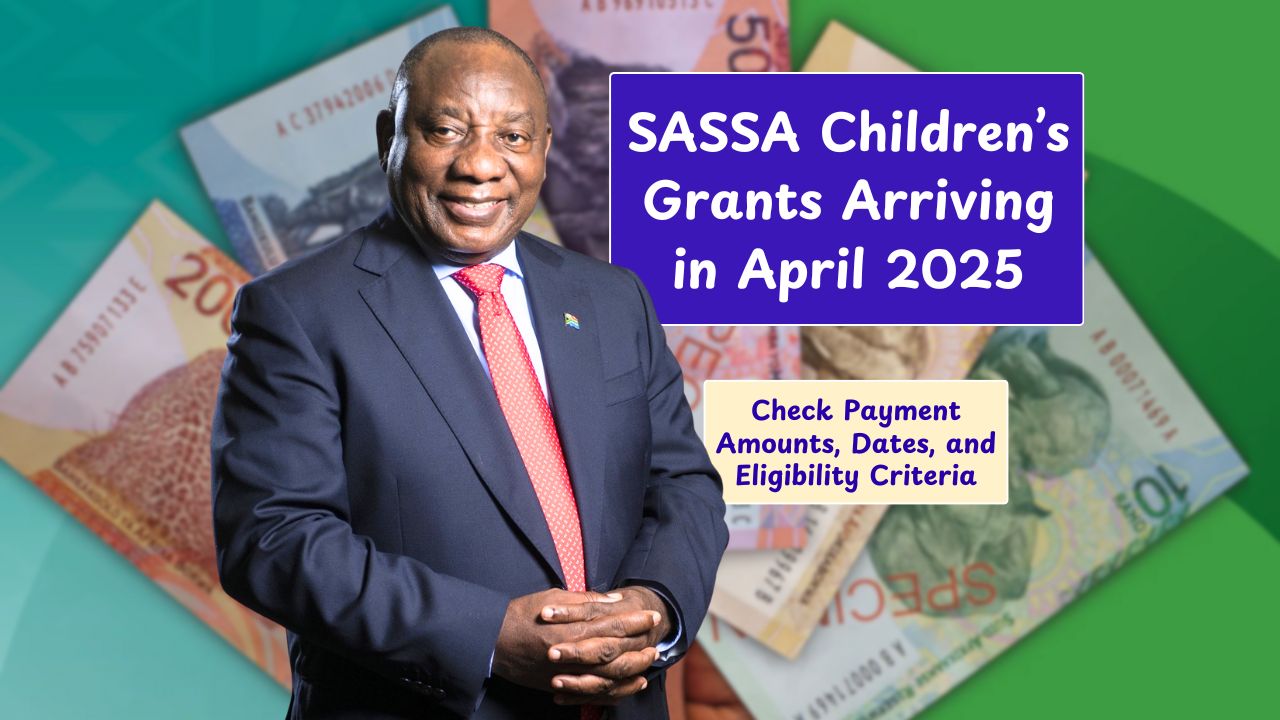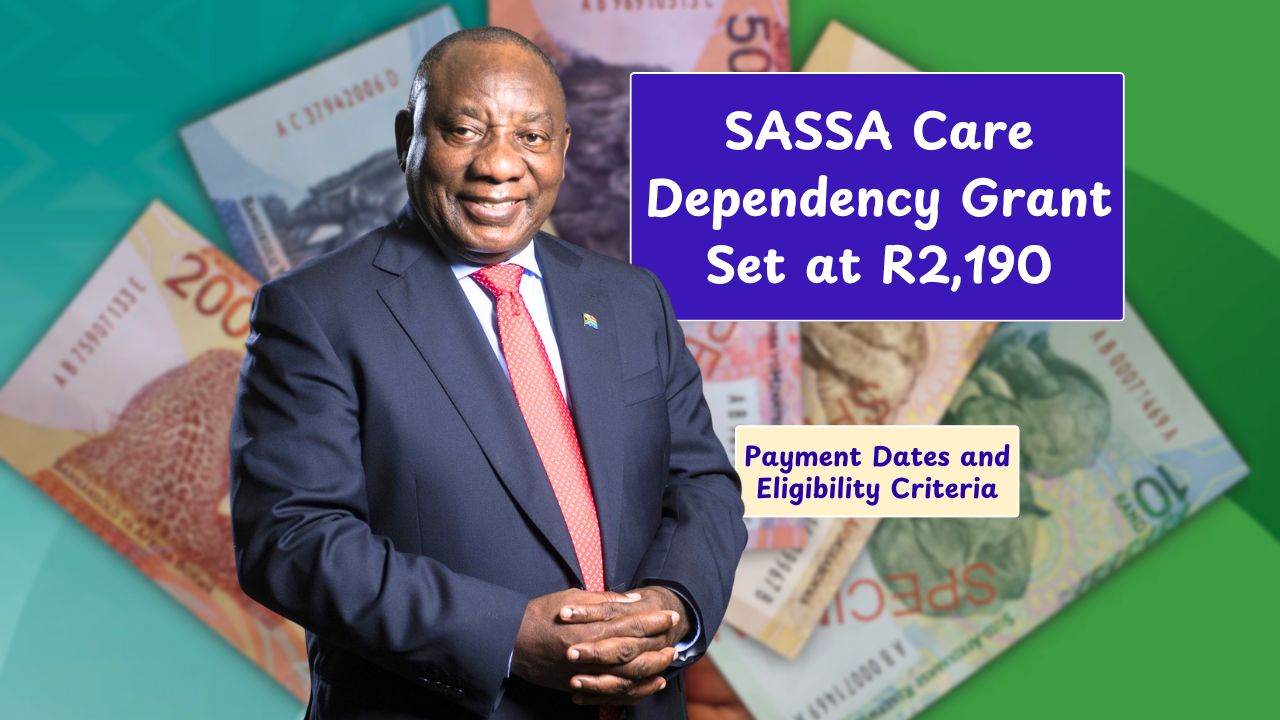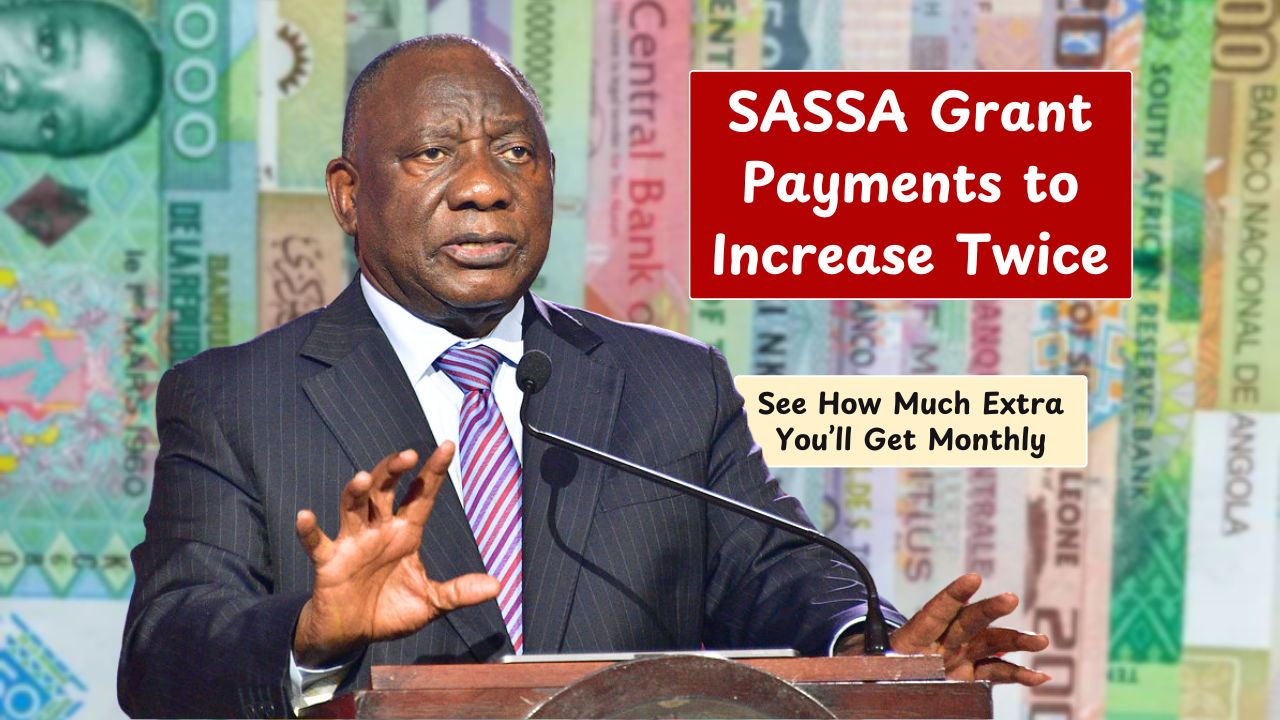SASSA has been a lifeline for millions of South Africans, especially when it comes to supporting children from low-income households. Whether it’s helping to pay for school supplies, healthcare, or even daily meals, SASSA’s child-focused grants are a crucial safety net. With the April 2025 grant cycle approaching, let’s unpack everything you need to know—from payment dates and amounts to how to apply without the usual confusion.
Overview
SASSA offers three main grants aimed at children: the Child Support Grant, Foster Care Grant, and Care Dependency Grant. Each is tailored to specific family situations but shares a common goal—ensuring every child in South Africa has a fair shot at a better life.
Here’s a quick look at the April 2025 payment details:
| Grant Type | Payment Date | Payment Amount | Key Eligibility Criteria |
|---|---|---|---|
| Child Support Grant | April 6, 2025 | R530 per child | Income below R4,400 (single), R8,800 (married) |
| Foster Care Grant | April 6, 2025 | R1,060 per child | Valid court order, legal foster care status |
| Care Dependency Grant | April 6, 2025 | R1,060 per child | Child has permanent disability requiring full-time care |
Child
The Child Support Grant is designed for parents or guardians earning modest incomes. At R530 per child, it’s not massive, but it does go a long way in supporting daily needs. If you’re a single caregiver earning less than R4,400 a month—or a married one earning less than R8,800—you qualify.
You’ll need:
- Your South African ID
- The child’s birth certificate
- Proof of income
- Proof of residence
And remember, the child must be under 18 and in your care.
Foster
Raising a child who isn’t biologically yours comes with its own challenges. The Foster Care Grant offers R1,060 per month per child, provided you have a valid court order confirming your foster status.
You’ll need:
- Court documents proving legal foster care
- Your ID
- The child’s information
- Proof of income
It’s especially useful for grandparents or relatives caring for orphaned children.
Dependency
If you’re caring for a child with a permanent disability, the Care Dependency Grant helps cover the additional costs. Like the Foster Grant, this also pays R1,060 per month per child.
Eligibility requires:
- A certified medical assessment confirming permanent disability
- Caregiver’s income must be under R4,400 (single) or R8,800 (married)
- Usual ID and address documentation
This grant is a much-needed support system for families balancing financial strain with full-time caregiving.
Apply
Getting your grant starts with the right paperwork. Here’s a step-by-step guide:
- Gather Your Documents
- ID, child’s birth certificate
- Proof of income, proof of address (not older than 3 months)
- Medical or court documents, depending on the grant
- Bank details for direct payments
- Apply at a SASSA Office or Online Visit your nearest SASSA office or try applying online via the SASSA website.
- Fill in the Application Form Staff at the office will help you complete it. If you’re doing it online, just follow the on-screen steps.
- Wait for Approval Processing can take up to 30 days. SASSA will notify you via SMS or email once your application is reviewed.
- Get Paid Once approved, money is deposited straight into your bank account or available at payment points.
Programs
Besides children’s grants, SASSA runs several other programs:
- Old Age Pension: For seniors 60+
- Disability Grant: For those unable to work due to disability
- Social Relief of Distress: Temporary support during crises
These programs all play a role in reducing poverty and supporting vulnerable citizens.
Impact
Let’s be real—without these grants, many families would be stuck in an even tougher situation. These monthly payouts often cover essentials like school uniforms, meals, and transportation. They’ve helped keep children in school and supported better health outcomes.
They’re not just handouts—they’re lifelines.
Challenges
Sure, the process isn’t perfect. Some people hit roadblocks:
- Missing documents slow things down
- Payment delays can happen
- Confusion about eligibility
But you can avoid most of these by preparing your paperwork ahead of time, applying early, and checking in if something seems off.
Tips
Here’s how to boost your chances of a smooth application:
- Review eligibility before applying
- Double-check every document
- Apply early in the month
- Follow up if you don’t hear back in 30 days
If in doubt, call the SASSA helpline or visit your local office.
Whether you’re applying for the first time or just need a refresher, knowing the ins and outs of SASSA’s grants can make all the difference. These payments might seem small, but for many, they’re a foundation for hope, stability, and opportunity.
FAQs
When will April 2025 grants be paid?
All children’s grants will be paid on April 6, 2025.
Who qualifies for the Child Support Grant?
Caregivers earning below R4,400 (single) or R8,800 (married).
How much is the Foster Care Grant?
R1,060 per child, paid monthly starting April 2025.
Can I apply online for SASSA grants?
Yes, through the official SASSA website.
What documents are needed to apply?
ID, child’s birth certificate, income proof, and bank details.











